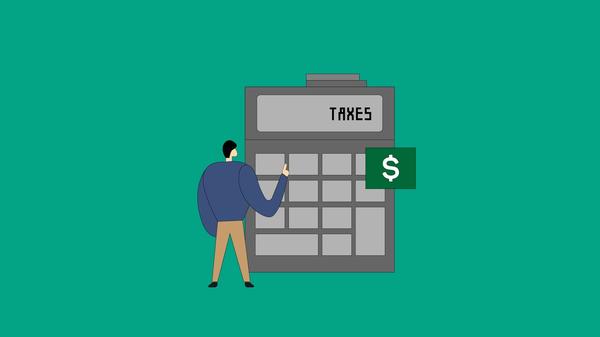Keeping your invested money safe when the economy goes south is something every investor wants to do. There are various ways to do this but some make more sense than others. Taking the wrong steps could cause you to incur a larger loss than you want. Before you liquidate an investment account, there are some things you need to consider first.
Reconsider Withdrawing the Cash Value
Taking the cash out of your portfolio is one way that people try to save their hard-earned money from taking a severe loss. People like the confidence that is felt by having it in hand, believing that it is protected from further loss.
Although it is true that it will not suffer from a further loss, unless there is a further devaluation of the dollar through inflation, it is just as true that it will not see any possible gains, either. This means that even if the market does soon recover afterward that your money lost out on that gain.
Since the stock market is affected hourly, there is a good possibility that it may reverse its loss position and gain back all that was lost – within hours, days, or weeks. It could even happen before you get your cash put into your bank account. If it does recover, it means that your loss is not really a loss at all because you have maintained the amount of your investment. It is even possible that you could show a gain on the rebound.
Selling Stock When Low
When you want to make money on your investment, it is important to remember the rule to buy low and sell high. By taking cash out when your investment is at a low point, you further hurt your investment portfolio and sell for a loss. This can damage it even more.
Liquidating the Account for Cash
The Securities and Exchange Commission has set rules for how long it should take for money to be available after stock has been sold. Their guidelines call for a settlement within three days, often called T+3 settlement. An extra couple of days may be required because the money is usually sent to the broker who also may need a couple of days to get the money to you. To make it even faster, you could have your broker wire the money directly to your bank account.
In the days you are waiting for your cash, the stock market could have a reversal. This again means a potential loss of an opportunity to regain some of the lost value.
One more problem that comes with withdrawing large amounts of money from an investment account is that it can put you into a higher tax bracket. This can result in considerably more, possibly resulting in an even bigger loss of your investment money. It depends on how much money is in the account and how close your income is to the next tax bracket. Instead, if large amounts of cash are needed, money can be withdrawn over a two- or three-year period to avoid excessive taxes.
Getting Cash from Margin Accounts
If you have a margin account, you could be affected differently than if you only had a cash account with a broker. With a cash account, you would simply have your cash returned to you. A margin account is different. Since this type of account lets you take advantage of leveraging your investment to purchase more stock than what you have money for in the account, you could end up with a considerable loss.
Leveraged accounts enable you to buy more stock than what the money you have in the account would normally permit. When the stock market drops, your money's value could not only drop but also may cause you to see significant losses. This can be significant when you have higher amounts of leverage.
Capital Gains Matters
When you sell your investments and get cash for them, you will incur some type of capital gains tax if you have made a profit. This tax falls into two types – short- and long-term. Short-term capital gains are the profit you made on an investment that you held for one year or less. The tax is based on your income tax bracket and is looked at as being part of your regular income.
Long-term capital gains are investments that you have held on to for more than one year. The capital gains tax is lower for long-term gains than it is for short-term gains. If you avoid selling a stock asset in less than one year, you will save money on taxes.
Alternative Options
One way to minimize potential losses instead of pulling your investment money out would be to balance your portfolio. Instead of taking a loss and paying capital gains taxes on it, you could sell some of your under-performing stock and reinvest it in stocks that will give you better returns.
Another possible benefit occurs when you sell the stock for less money than what you originally paid for it. The difference can be counted as capital losses, which can be used to lower your capital gains by up to $3,000. Loss amounts more than that can be subtracted in future years.
Money could also be diverted into other types of accounts that can give you tax benefits – now or later. By doing so, you can avoid some tax problems and keep more of your money. One way to do this would be to place it into an IRA or 401(k), which will reduce your tax bill now or after you retire.
On the other hand, if you close a retirement account before you are 59 1/2, the money will be subject to a penalty. You are allowed to withdraw the money you put into the account without a penalty, but you cannot go above that amount without taking a 10% penalty – a considerable chunk of it.
One software that can help you make the decisions you need to rebalance your portfolio successfully is Passiv.
It reduces the time you need to maintain your target allocation, automate your investments, and provides you with alerts to let you know when money is available to invest.
It works smoothly with Ameritrade, Alpaca, Interactive Brokers, Questrade, and more, and it enables you to quickly obtain the information you need for successful portfolio management.
It can also be used to execute trades and ensure that any cash in the account continues to earn a profit for you.


